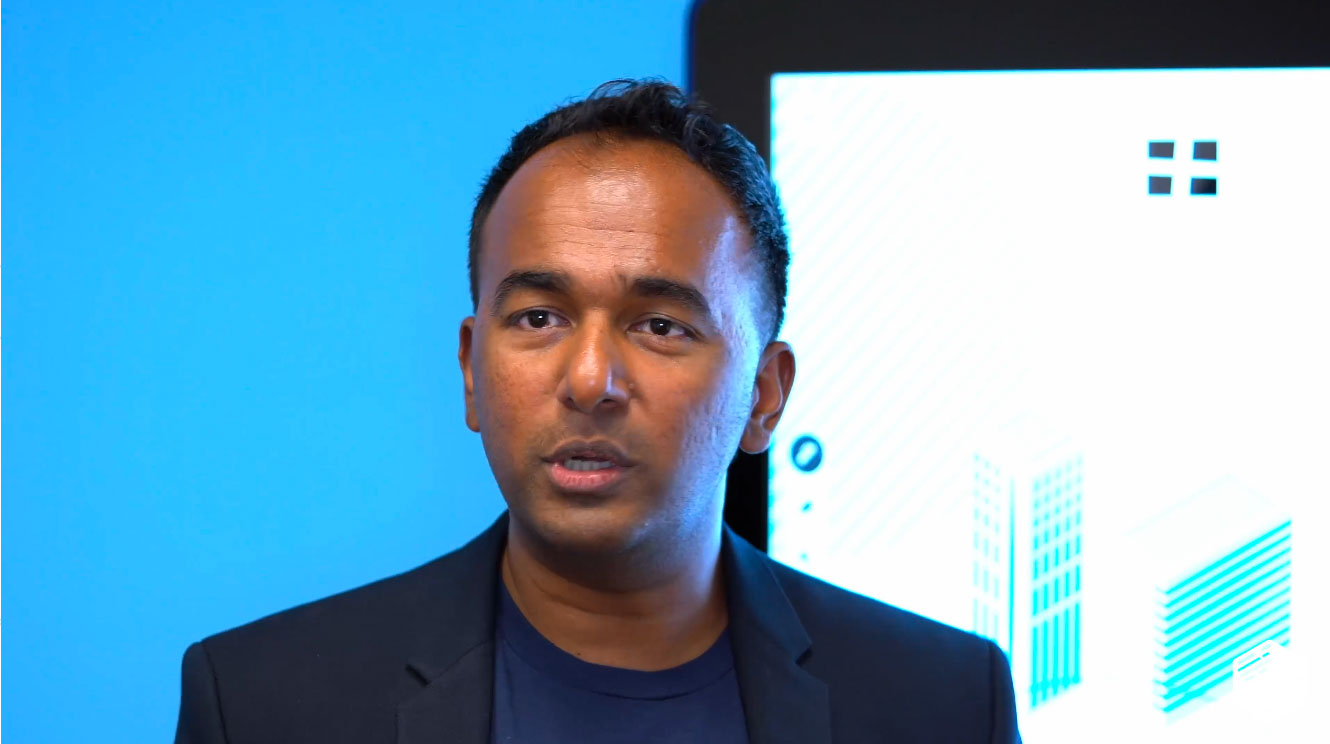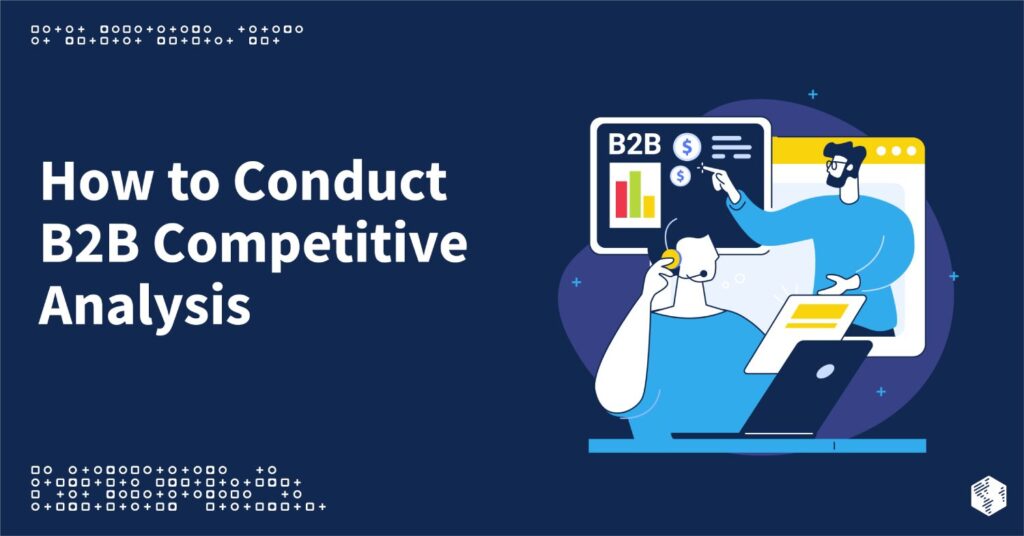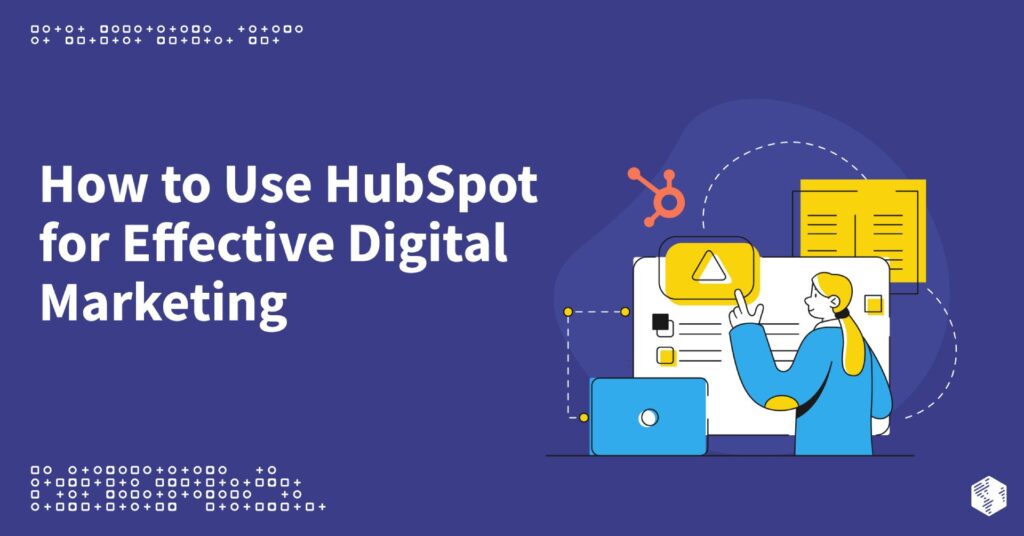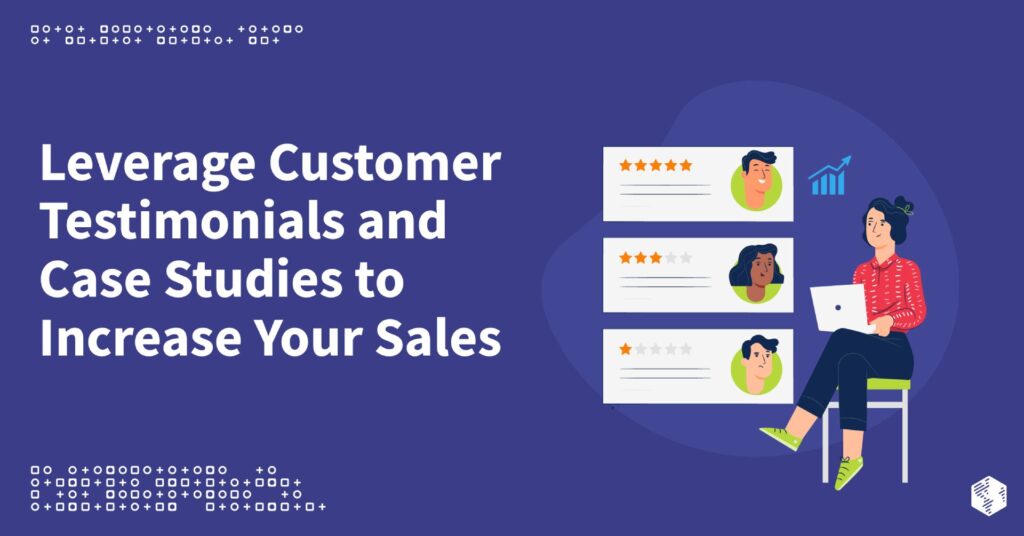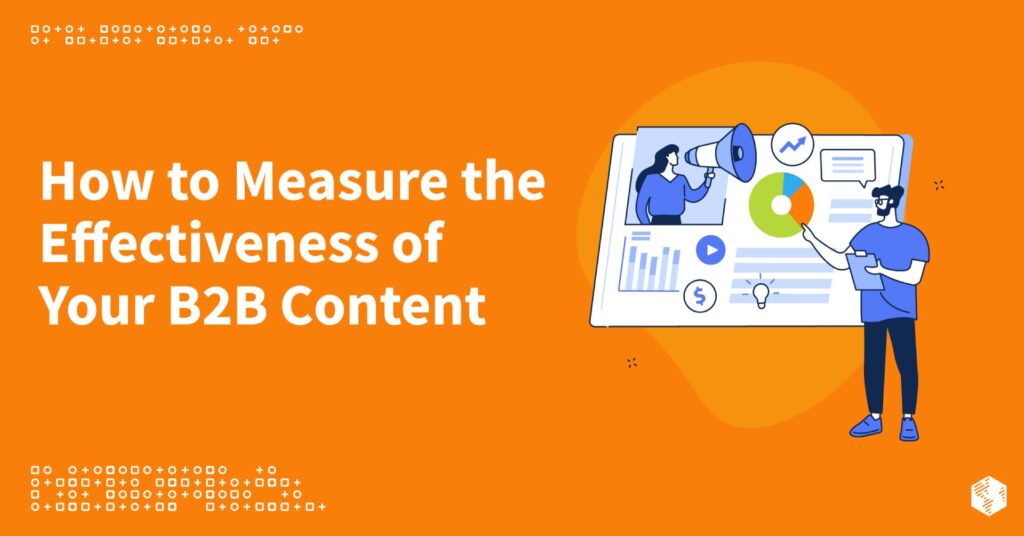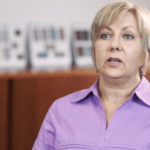2023 is almost here. Now is the time for marketers to start planning for the new year.
If you are a marketing professional or strategist at a business-to-business (B2B) company, you know more than anyone that knowledge is power. It’s your responsibility to identify marketing trends, keep up with technological advancements, and review your approach to marketing so your organization stays competitive in an increasingly digital world.
But you don’t have to do this work alone.
To help, we’ve identified and shared several trends that we predict will shape the B2B marketing landscape in 2023. You can use this article as a resource while you prepare next year’s marketing campaigns and strategy.
Let’s get started.
The B2B Marketing Landscape: What Has Changed?
The buying habits of B2B customers have changed—both the complexity of the purchasing decision and the ways in which consumers shop.
The length of time it takes for a B2B customer to make a purchase has increased significantly in the past few years. Additionally, marketers can expect prospective clients to conduct their own research on many different platforms before making contact, making it more important than ever for B2B companies to stay relevant with customers.
However, even though B2B clients are conducting their own research and starting their transactions on a variety of online channels, they expect a personalized customer experience. That’s why B2B marketers need to ensure their website, advertisements, and sales funnels are personalized and engaging.
Fortunately, with the right B2B marketing strategy and automation tools, personalization is possible, manageable, and even easy.
To be successful in today’s B2B marketing landscape, you need to anticipate the needs of prospective business clients, ensure the buyer’s journey is personalized at every possible stage, and create a positive customer experience from start to finish.
7 B2B Marketing Trends & Predictions for 2023
What will the B2B landscape look like in 2023? What marketing trends can we expect to see?
Based on our observations and our work with hundreds of B2B clients, we predict these marketing trends will be present throughout the next year. These trends reveal insights into how the B2B landscape is changing and what marketers can do to stay ahead of the curve.
Keep these predictions in mind as you start to plan your B2B company’s 2023 marketing campaigns and strategies.
Prediction #1: Companies Will Spend Less on Paid Ads
It’s getting more competitive, more expensive, and more difficult to reach a target audience via paid ads.
Why?
Changes in platform policies, consumer behavior, and digital privacy have made it harder to reach people and to see who is engaging with your content. That means paid ads may not be as effective as they used to be, and B2B companies are starting to realize that their advertising budgets can be spent more efficiently.
It’s not that total advertising budgets are going down; instead, we’ve noticed a shift in how ad money is being spent. Companies noticing that paid ads aren’t the most cost-effective advertising channel are looking into other ways of spending their advertising budget.
RELATED: B2B PPC: How to Use Paid Search to Drive Business Leads and Revenue
Prediction #2: There Will Be a Rise in B2B Influencer Marketing
When you hear the word “influencer,” what comes to mind?
You may be thinking of people on TikTok or Instagram unboxing products or showing off shopping hauls. That type of influencer generally falls under the category of business-to-consumer (B2C) marketing. But while influencer marketing has been around for a long time in the B2C space, we are also seeing it gain traction in the B2B landscape.
B2B influencers are subject matter experts—leaders in the industry, career professionals with a podcast or social media following, and experts who share their knowledge with other B2B professionals. When these influencers endorse products, services, or companies, other B2B organizations are more likely to trust those recommendations.
Influencer marketing taps into an existing community. If, for example, an influencer has a podcast and a B2B company joins that conversation, it may be just as (if not more) effective than only running a paid advertisement on that same podcast.
B2B companies in all industries are starting to see the importance of influencer marketing, and we predict organizations will start dedicating resources to this type of marketing.
Prediction #3: We Will See a Larger Focus on Revenue Operations
Technological advancements over the last decade have ensured that there is a tool for everything and that businesses have access to lots of data. B2B companies have reached the point where they have so many different tools and data management systems in place that no two groups within the company are connected. Departments are siloed, internal communication is lacking, and data isn’t being used effectively.
In response, B2B companies are implementing revenue operations (RevOps) strategies to align people, processes, and platforms across the organization. The result? A more efficient and connected company where all departments have the goal of increasing revenue.
With a combination of the current B2B landscape’s push to create a positive customer experience from start to finish and the need for a more streamlined organizational structure, we predict B2B organizations will focus on developing RevOps frameworks in the coming year.
RELATED: RevOps vs SalesOps: Which One Is Right for Your Company?
Prediction #4: More Organizations Will Use AI-Driven Marketing Technology
Thanks to recent improvements in artificial intelligence (AI) and machine learning, B2B companies in a variety of industries are taking advantage of sophisticated marketing software like chatbots, automation platforms, and personalization tools. More and more companies will start to adopt technology that is driven by AI to help modernize and streamline their marketing, sales, and customer service processes.
An example of AI-driven marketing technology is advanced email marketing software. Popular email platforms can predict the best time to send a newsletter, the most effective subject lines to use, and more. No overthinking required; the technology can use AI to determine how to best optimize email marketing campaigns.
Overall, many B2B companies will investigate how they can leverage new AI technology and tools to improve their marketing efforts.
Prediction #5: Companies Will Bring Content In-House
B2B marketers know the value of content, so it’s no surprise that we’re seeing a trend of quality over quantity when it comes to content marketing. And the best way to produce this content is to create a content generation team.
By developing content in-house—which requires hiring, training, and retaining subject matter experts, writers, and creatives—B2B companies are in the best possible position to articulate and deliver their message.
If a company wants to establish itself as an industry expert or leader in the field, they need to be the spokesperson and share their insights with their target audience.
We predict that companies will continue to bring content in-house and focus on creating high-quality content.
READ: B2B Content Marketing: The Ultimate Guide to Generating Leads and Revenue With Content
Prediction #6: Attribution Will Become More Difficult
It is becoming increasingly more difficult to determine which marketing efforts are producing results.
Back in the day, companies would ask customers directly how they heard about their organization. Then, marketing attribution software like HubSpot became available, making it easy to see the entire journey of a customer. If a prospect visited your website, read your blog, downloaded an ebook, and then came back three months later to submit a demo request form, you could see exactly when and how that customer journey began. There was no need to ask how they heard about you; instead, you could follow the steps they took to find your company.
Today, attribution isn’t such a black-and-white process.
Changes in how cookies are tracked on the internet and how different platforms approach privacy mean it’s difficult to trust the data provided by attribution software point-blank. Additionally, the customer journey is no longer a linear path. Buyers do their research, engage with your content in a variety of ways, and then go directly to your website to make a purchasing decision—so while your attribution software will give credit to direct organic search, that’s not the full picture.
With so many marketing channels throughout a longer, more complex B2B buyer’s journey, there’s typically no way to tell which piece of your marketing campaign can take credit for a customer. In response, B2B companies will focus on providing a better user experience to website visitors, being present across a variety of platforms, and looking at attribution at a macro scale.
READ: The Truth About Attribution in Your Number One Marketing Channel
Prediction #7: There Will Be a Stronger Emphasis on First-Party Data
B2B companies rely on data to reach their audience. However, in past years, many companies have focused on using platforms like Facebook and Instagram to purchase data, target their audience, and create a following. And these channels have historically made it easy to reach groups of people based on behavior and data, so why not take advantage of what they have to offer?
We’re starting to see this behavior change.
The problem is that B2B companies don’t own customer data via those platforms, which means they can’t migrate those followers to more effective channels if needed. At the same time, privacy policies are changing and targeted advertising opportunities are decreasing. In response, B2B organizations are considering other ways to manage customer data.
First-party data is owned by the company. B2B marketers are starting to see the value in making sure they collect, organize, and sort customer data so they have full access and control. This approach to data ties back into RevOps as well; with a bigger emphasis on first-party data, RevOps is an essential part of using and sharing that data effectively and across departments.
We predict that in the coming year, B2B companies will dedicate resources to managing first-party customer and audience data.
Conclusion
As the B2B landscape changes, so should your marketing strategy.
If your B2B company wants to generate more revenue and grow in the new year, you must keep an eye on marketing trends and implement strategies that will help you stay ahead of the competition.
The best way to stay up to date? Partnering with an experienced digital marketing agency that is dedicated to growing your business.
At OneIMS, we specialize in predicting marketing trends, identifying opportunities for revenue growth, and building campaigns that reach your target audience. We have a long history of working with companies in a variety of industries to develop innovative and data-driven marketing solutions, and we pride ourselves on producing measurable and sustainable results.
But you don’t have to take our word for it. View testimonials from our clients and read our blog to get an idea of our training, experience, and track record of success.
Are you ready to start planning for 2023? Schedule a consultation with us today to get started.


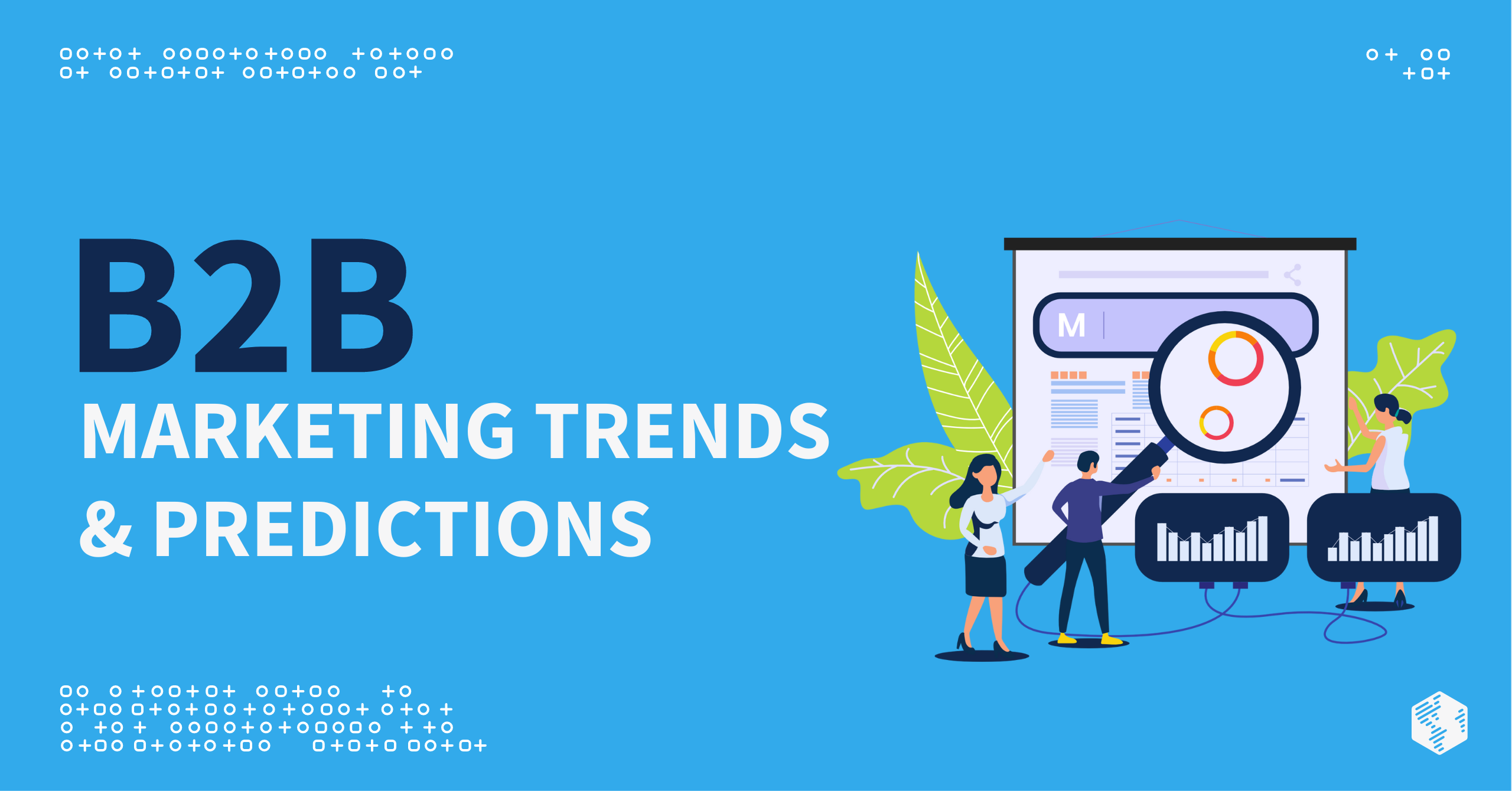
![B2B Marketing Trends and Predictions 2023 [infographic]](https://www.oneims.com/wp-content/uploads/2022/11/b2b-marketing-trends-predictions-2023.png)

